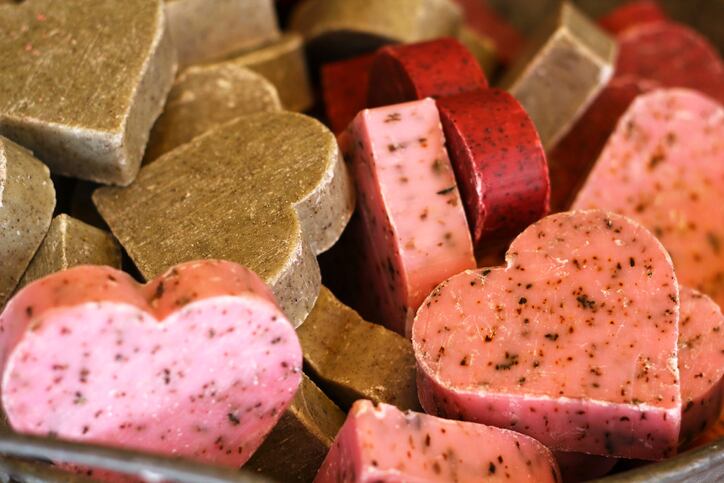Clariant will ramp up production of its Hostapon SCI range at two sites – Tarragona, Spain and Mount Holly, USA – adding capacity and modernising facilities simultaneously, to optimise energy consumption.
Additional supply of the ultra-mild, plant-based surfactants would be available in the first quarter of 2021, the company said.
‘Increasing shift’ towards mild surfactants
Clariant said the decision to upscale production capacity aimed to “support the increasing shift by personal care formulators and brands towards using mild surfactants to differentiate applications”.
The move also supported the growing consumer trend for hygiene products, it said.
Its mild surfactants line could be used in a range of applications, including syndet beauty bars, body washes and cream shampoos.
Christian Vang, global head of Clariant’s industrial and consumer specialities business unit, said investments that supported the latest beauty and personal care trends remained important.
“Mild surfactants are a growing sector driven by consumers seeking new mildness claims, invaluable in helping formulators to answer needs for mild cleansing hygiene, sensitive skin solutions, solid formats and more natural ingredients,” Vang said.
Upscaling production of this mild surfactants line, he said, enabled Clariant to respond to an increase in the development of “milder and healthier” personal care products.
Mildness also the focus in testing
As mildness claims increased, testing had also been spotlighted. Last year, UK vegan lab XCellR8 validated an in vitro mildness predicting test it said provided a significant opportunity for the cosmetics world to move beyond outdated testing methods.
The test – an adaption of a regulatory skin irritation test – had been validated against human volunteer trials and was able to accurately predict the human in vivo clinical scores in all studies.
Speaking to CosmeticsDesign-Europe at the time, Dr Carol Treasure, CEO and founder of XCellR8, said mildness remained an important trend in cosmetics and personal care.
“The need for mildness doesn’t go away. It might sound a little bit less sexy than some of the current things like microbiome or blue light that come and go, but the need for mild cosmetics is universal really,” Treasure said.




